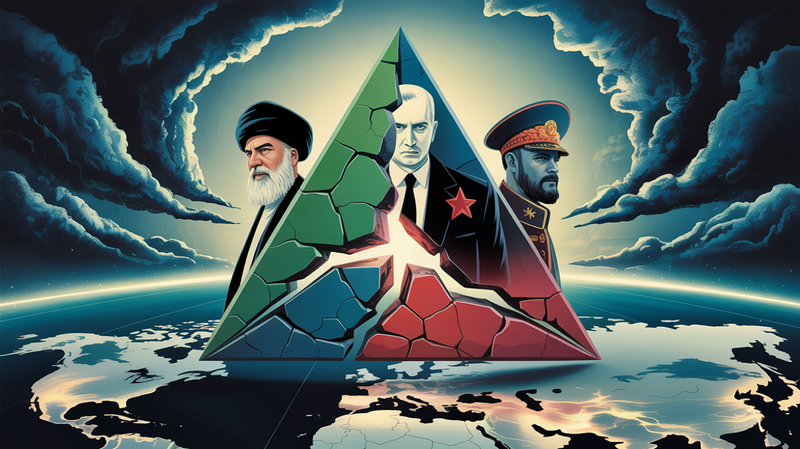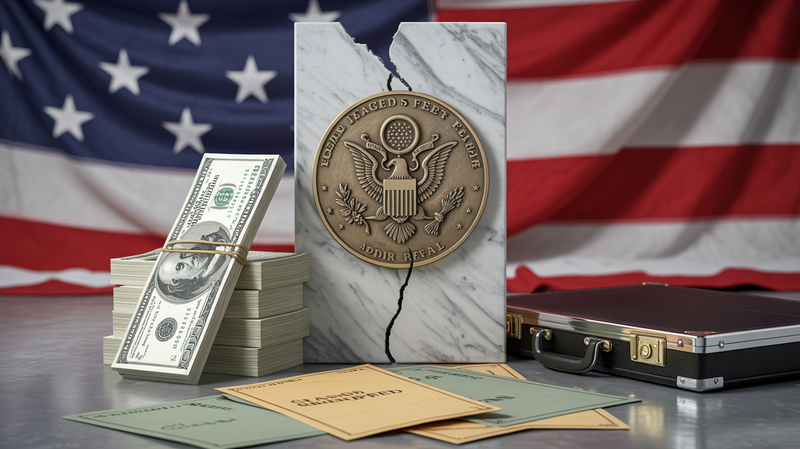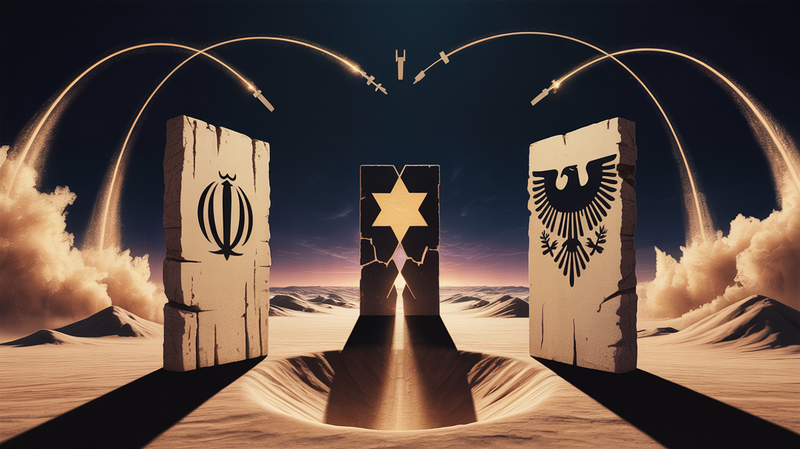Belt and Road Initiative: China's Trillion-Dollar Gamble
China's Belt and Road Initiative (BRI) is a monumental testament to the nation's global ambitions. Celebrating its 10th anniversary, the initiative has made Beijing the world's biggest international creditor, pumping unprecedented funds into about 150 countries. However, has this global endeavor paid off? Background

China's Belt and Road Initiative (BRI) is a monumental testament to the nation's global ambitions. Celebrating its 10th anniversary, the initiative has made Beijing the world's biggest international creditor, pumping unprecedented funds into about 150 countries. However, has this global endeavor paid off?
Background
Introduced in 2013, BRI recalls the ancient Silk Road's grandeur. The "Belt" represents overland routes bridging China to Europe and parts of Asia, while the "Road" indicates a maritime link connecting China to ports across Asia, Africa, and Europe. An estimated $1tn has funded energy and transport projects, like power plants and railways, globally.
Economic Impact
China framed the BRI as mutually beneficial—stimulating growth for participating nations and bolstering its own economy. While certain objectives like internationalizing the yuan faltered, trade boomed. About $19.1tn worth of goods exchanged hands between China and BRI countries over the last decade. Jacob Gunter, from the Mercator Institute for China Studies, highlighted the initiative's role in diversifying China's resources and export markets, crucial in the wake of escalating tensions with the West.
Debt Implications
However, with substantial investments come significant debts. The exact scale remains undisclosed, but countries from Sri Lanka to Kenya grapple with mounting BRI debts. Domestically, China battles its own "debt bomb", compounded by a slow post-Covid economy. China's response has involved restructuring BRI loans and granting extensions but stopping short of outright cancellation. Critics argue Beijing's lending strategy ensnares nations into "debt trap diplomacy", potentially jeopardizing their sovereignty.
Project Criticisms
Over the years, BRI projects faced accusations of fueling corruption, environmental damage, and not delivering on developmental promises. A study by Aid Data found a third of projects plagued by such issues. Critics argue a mix of Chinese lenders' poor risk management and borrowing nations' financial mismanagement contributed to these shortcomings.
Diplomatic Achievements
Diplomatically, China achieved significant strides. Pew Research noted rising positive sentiments towards China in several middle-income nations. Jacob Gunter posits that many countries now prefer a neutral stance in the US-China rivalry, translating to a diplomatic win for Beijing. However, the BRI's leveraging power raises concerns about potential economic coercion, with nations feeling obliged to toe Beijing's line or risk losing investments.
The Way Forward
Recognizing the need for change, China now emphasizes "small and beautiful" projects. Recent endeavors include bamboo weaving in Liberia and promoting mushroom-growing tech in Fiji. The "digital silk road" signals a focus on digital infrastructure, a move analysts believe balances profits for Chinese companies and sidesteps Western bans on Chinese 5G equipment. Beijing has also reduced financing, diversifying its lending sources.
In recent white papers, Beijing envisions the BRI as the cornerstone of a "global community of shared future", suggesting a more inclusive global vision than that offered by "hegemonic" Western powers. Wang Yiwei, a professor at Renmin University of China, stresses the BRI's potential in fostering connectivity and circumventing a new Cold War.
As the BRI evolves, its influence is undeniable. Yet, it remains to be seen if the world is ready to embrace a China-centric global order.




